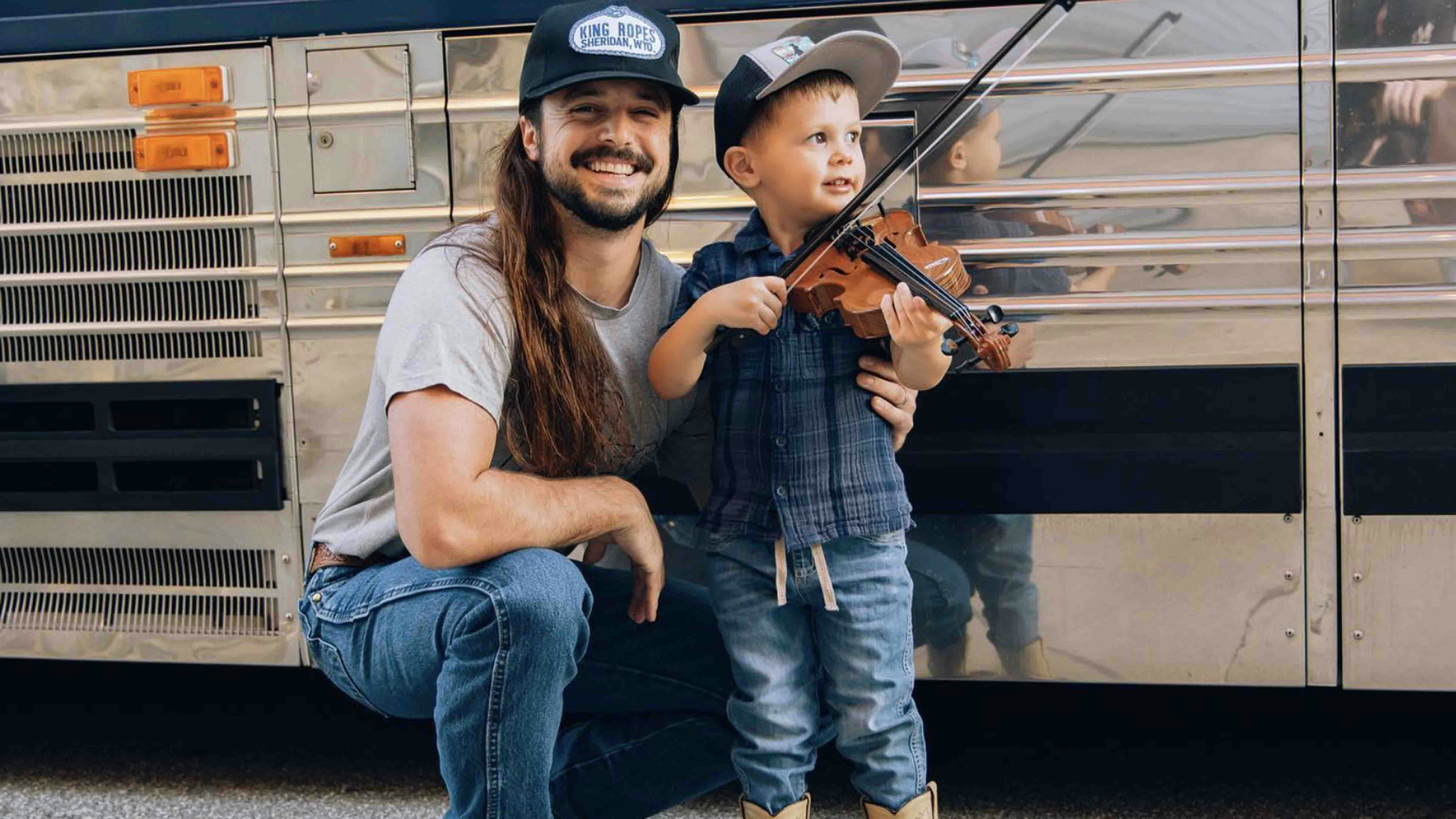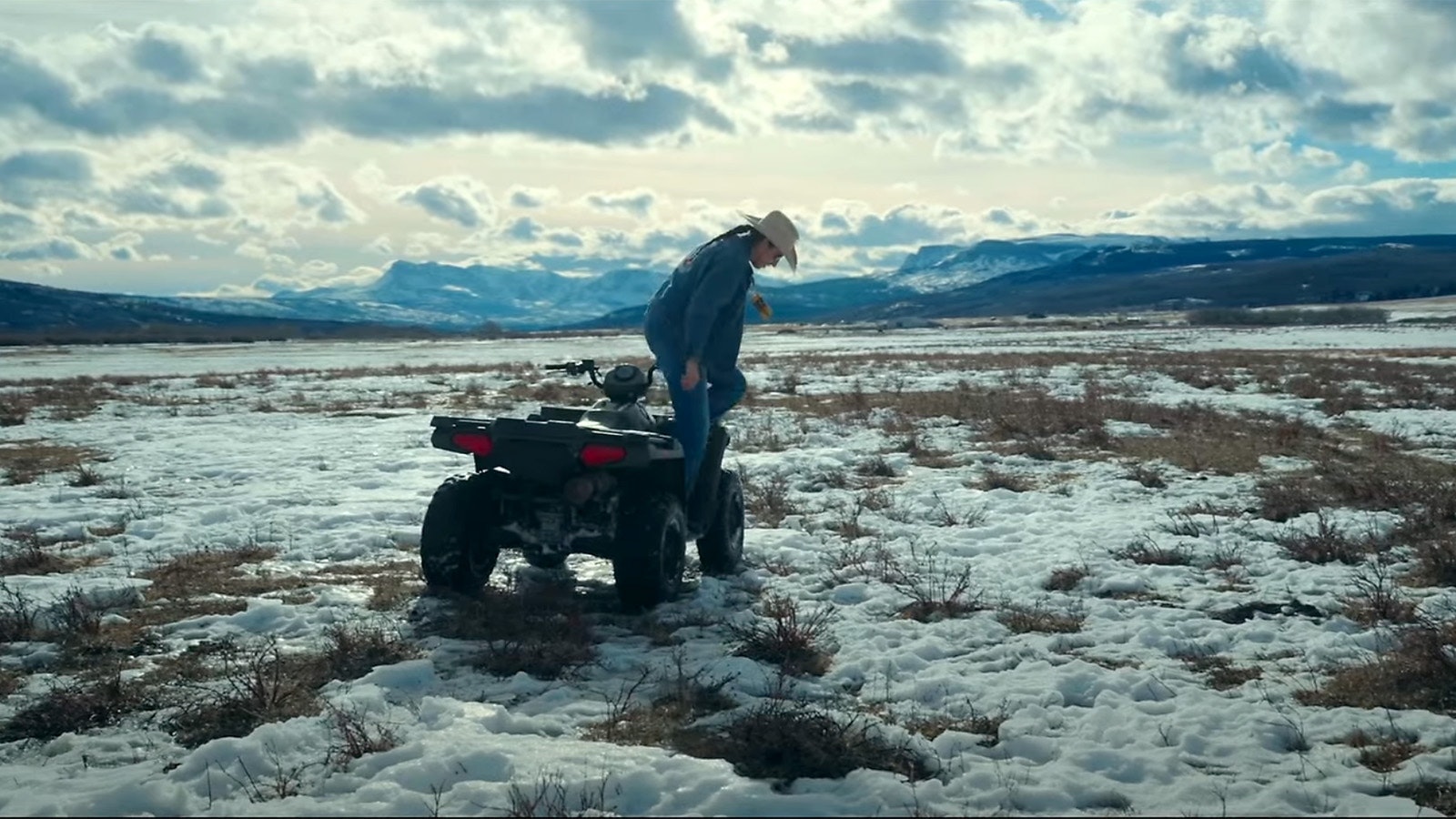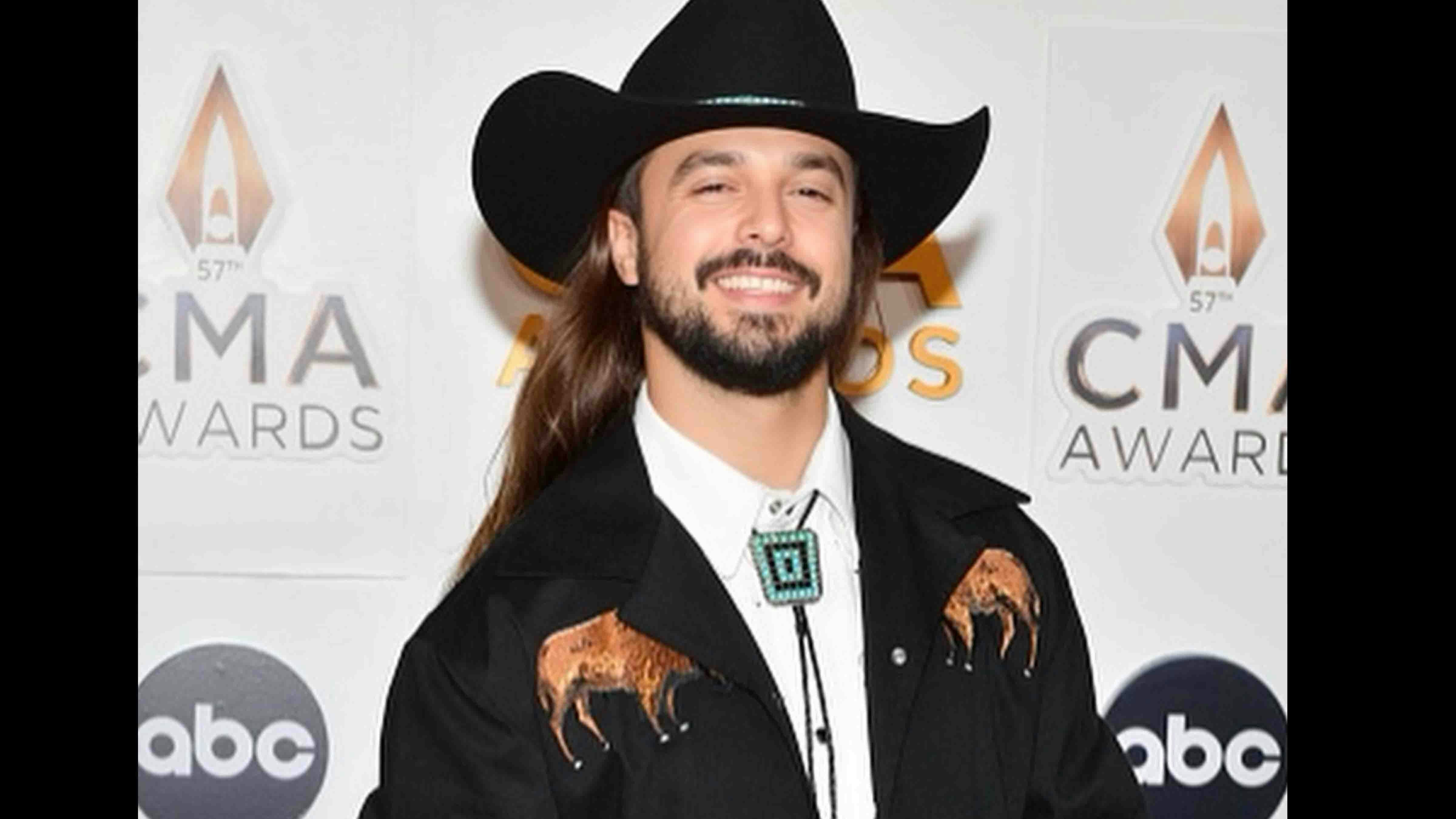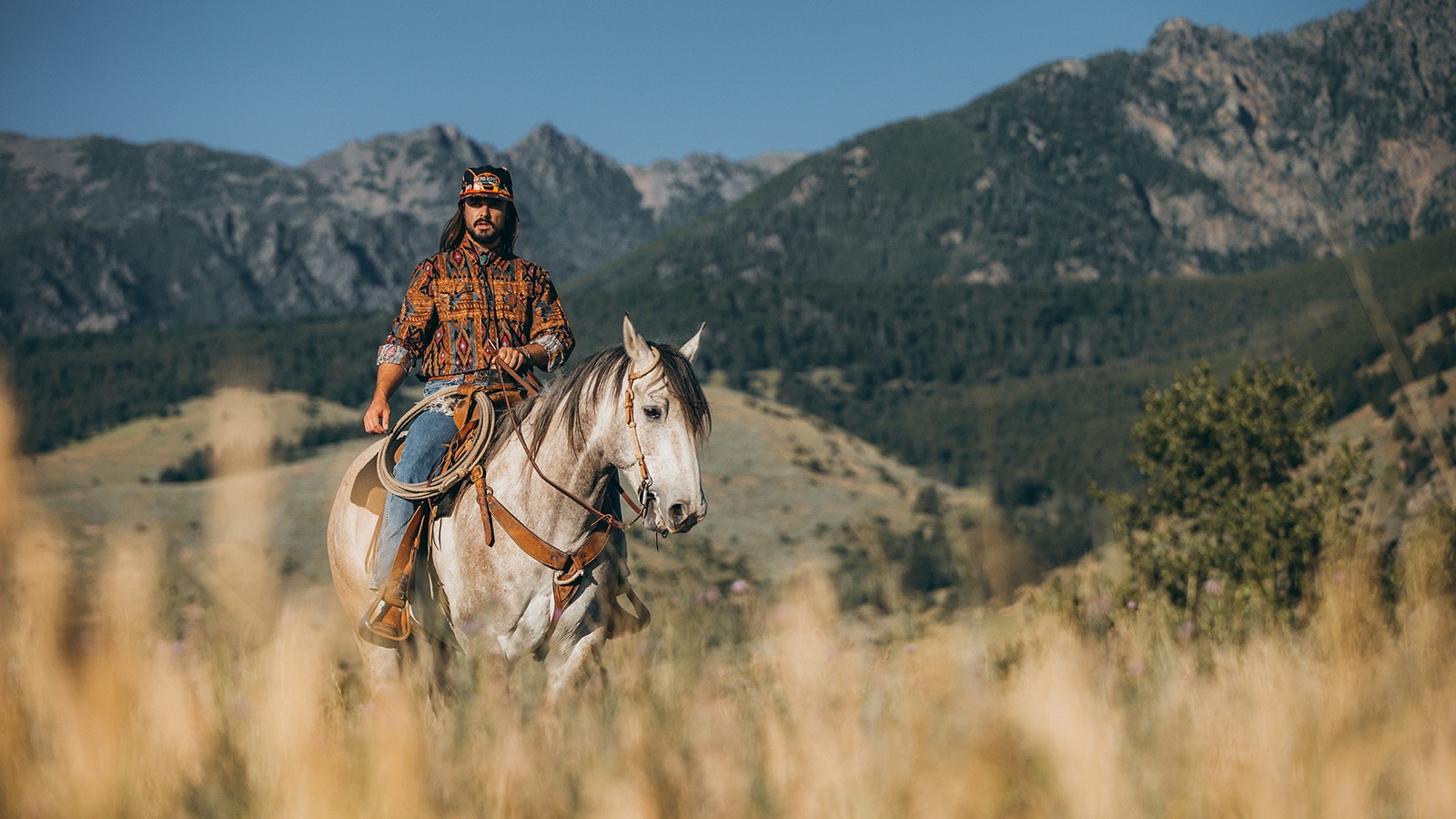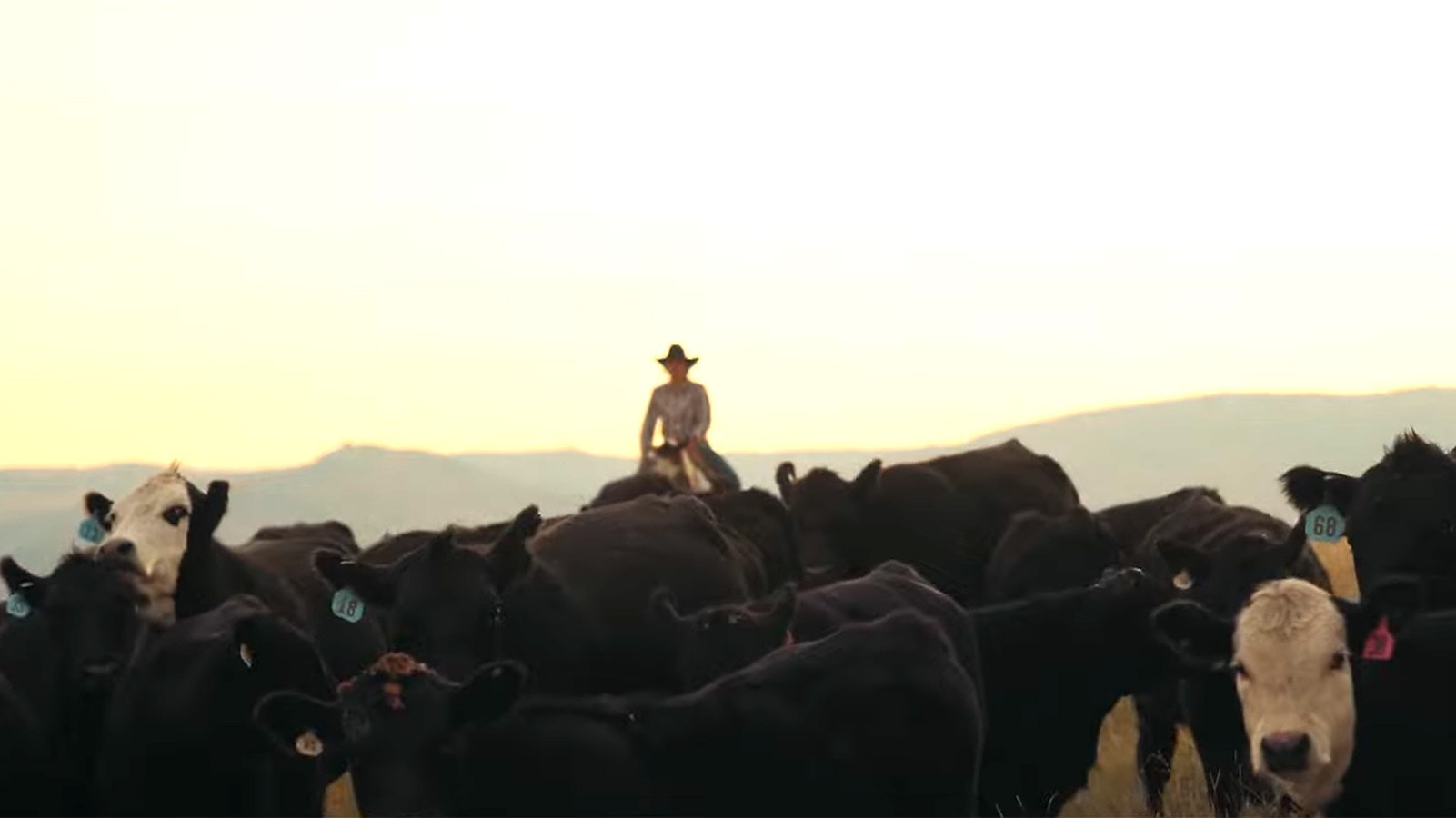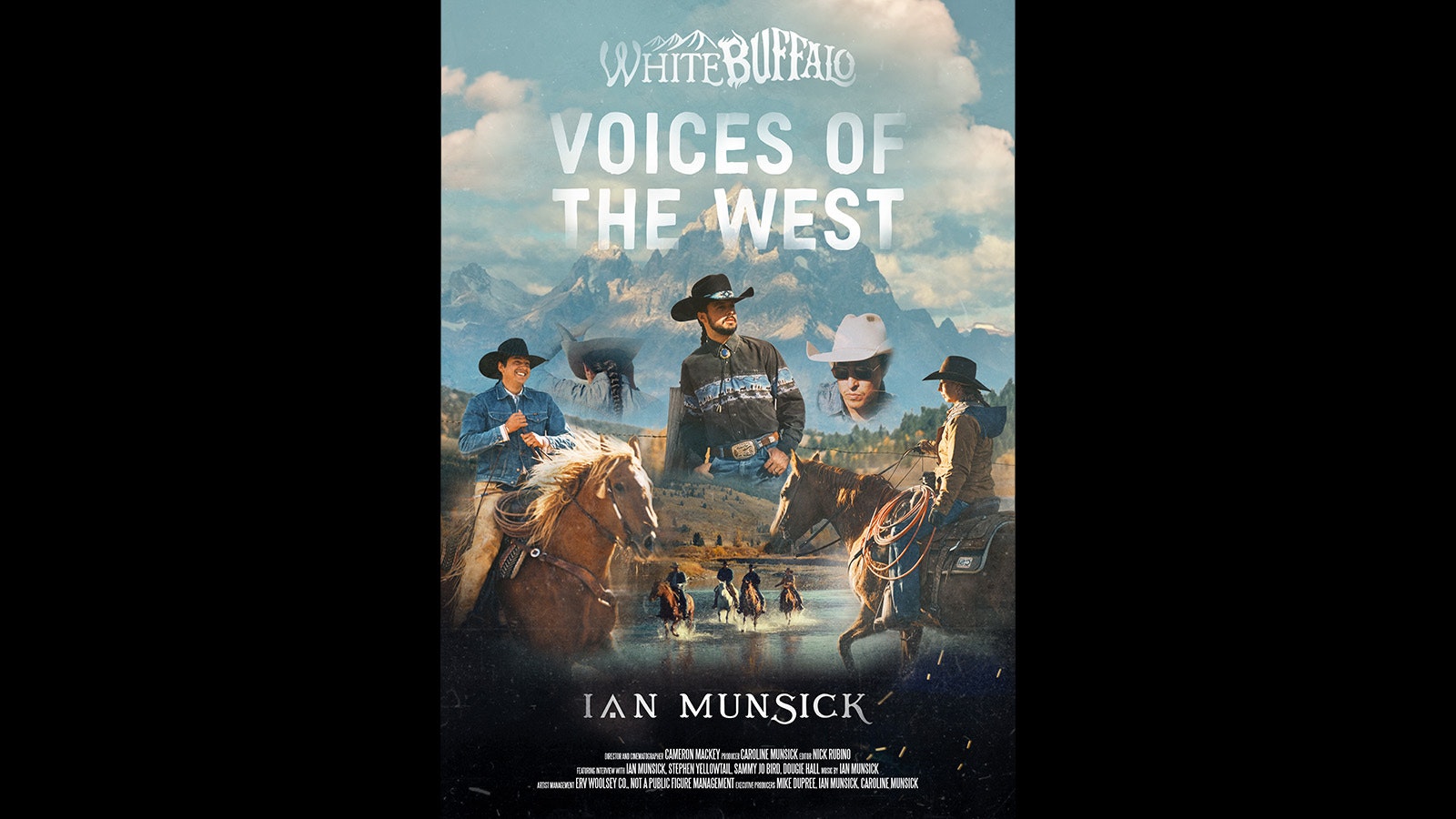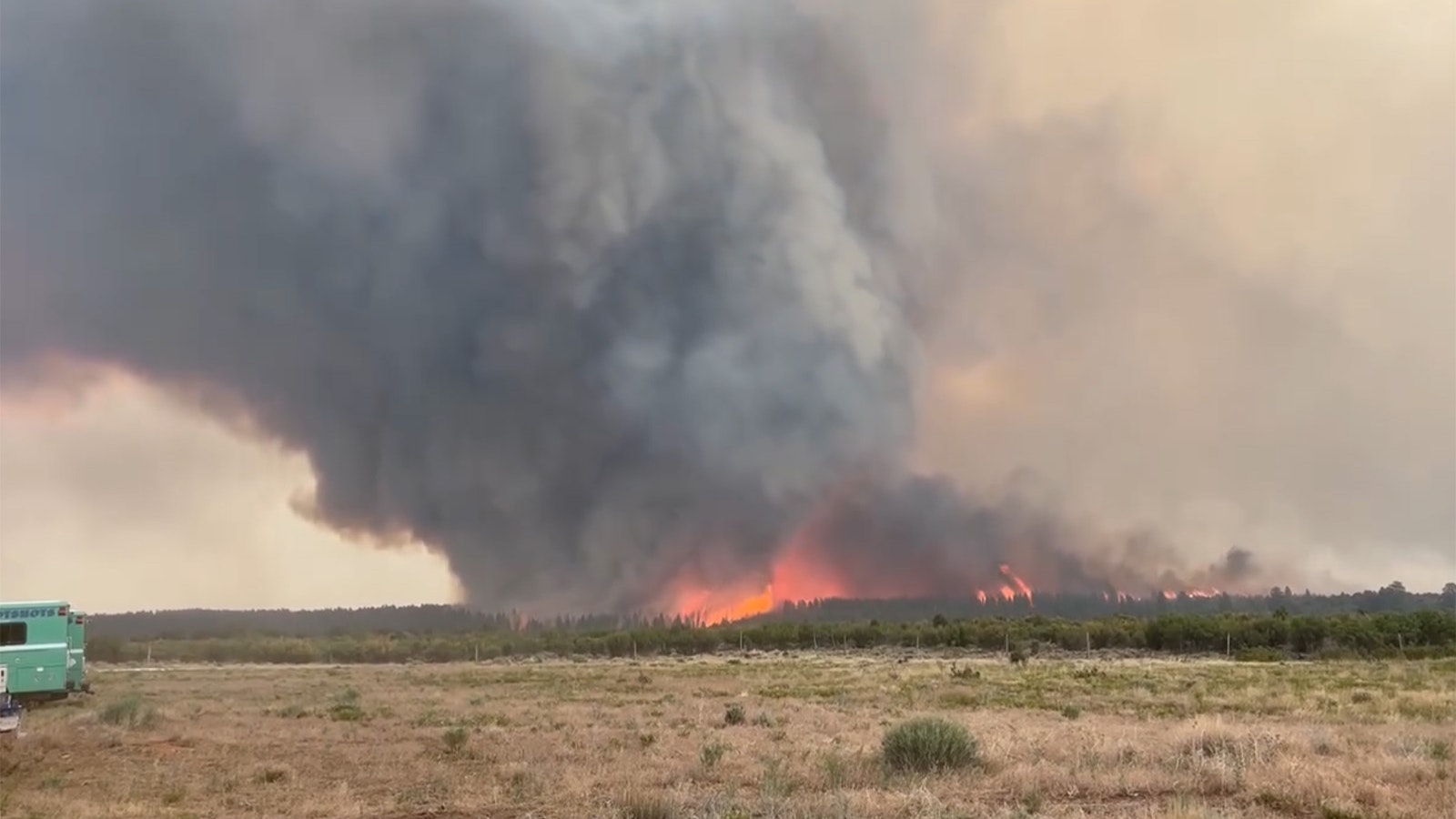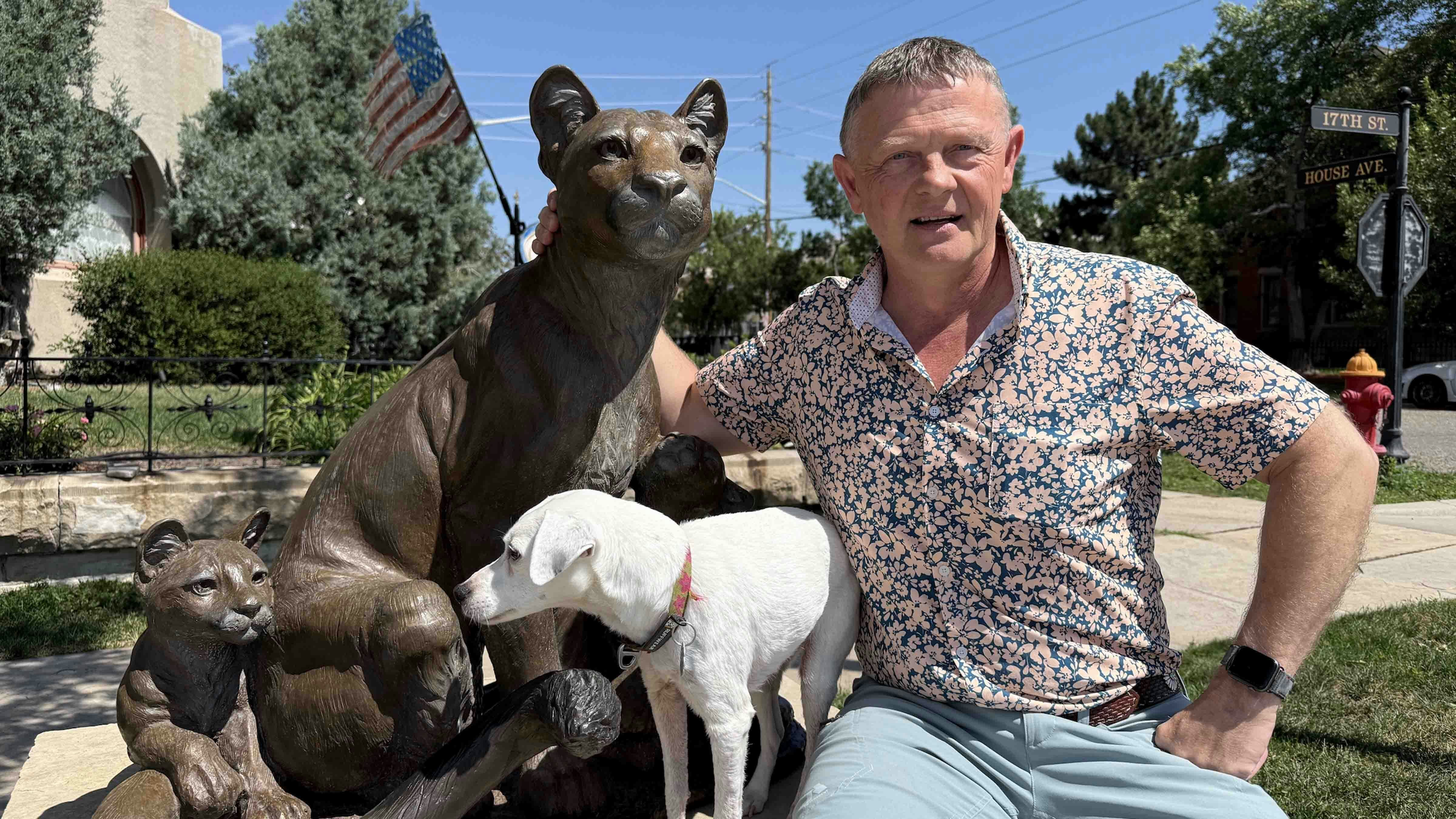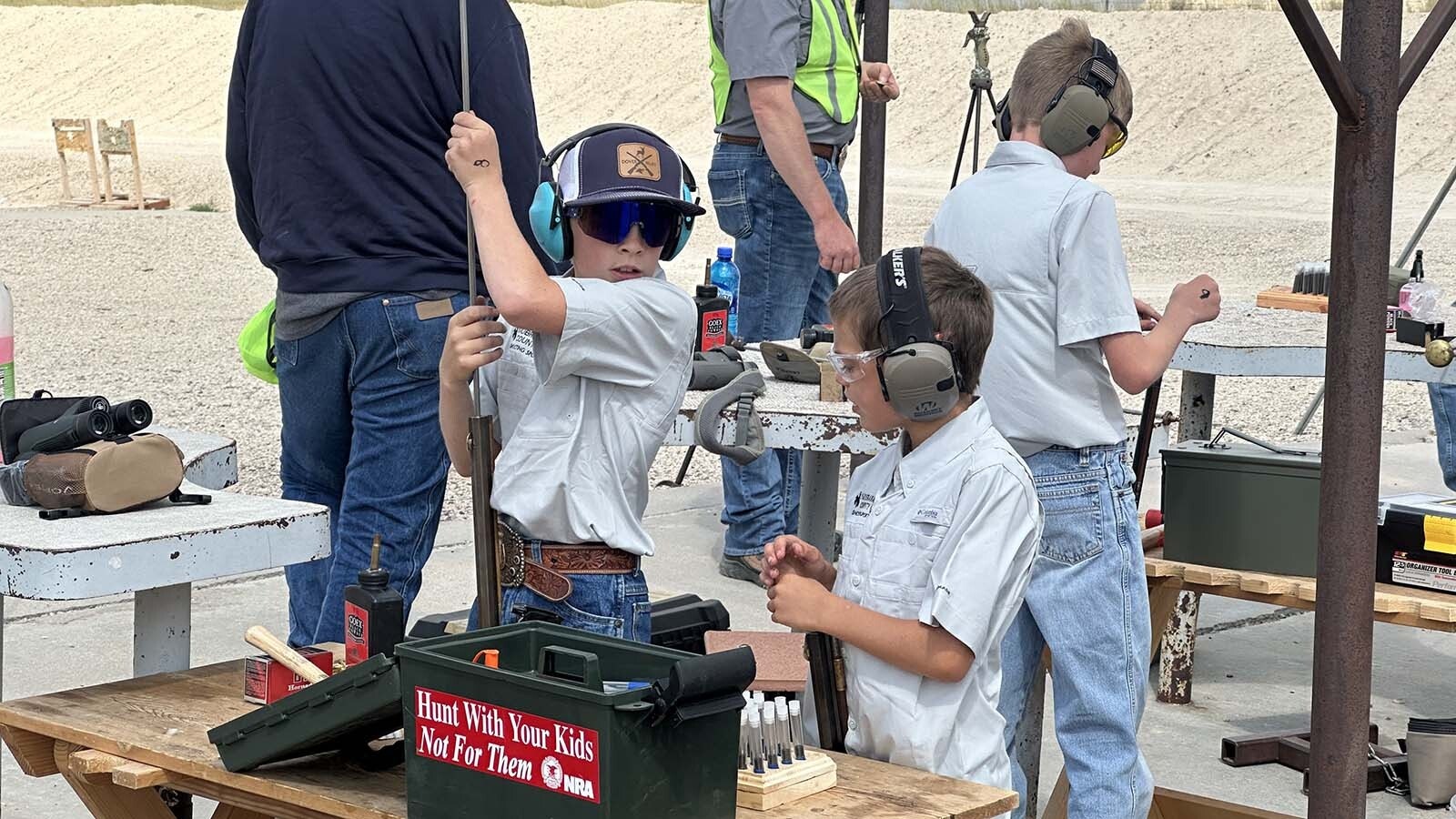Growing up, Ian Munsick didn’t hear a lot of songs on the radio that felt like home.
But he knew what he wanted to hear — songs about mountains, songs about canyons and coyotes, songs about cattle and cowboys, horses and cowgirls.
So, when he moved to Nashville 10 years ago and became immersed in a city where some of the world’s best songwriters come together, he made himself a promise. He was not going to forget his Wyoming roots while he was in Nashville.
He was going to bring the West with him, and he was going to let it live and breathe through his music.
Turns out, the Sheridan, Wyoming, native’s timing couldn’t have been any better to make that promise stick.
The West is having a pop culture moment with television shows like Craig Johnson’s “Longmire” and “Yellowstone” on Paramount+ capturing millions upon millions of eyeballs. It’s driven a craving for all things Western, and the Wyoming West in particular.
Lost In Translation
In the midst of that frenzy, important details are lost in the translation, Munsick told Cowboy State Daily. That’s why his new album, “White Buffalo,” doesn’t just feature songs with a Wyoming bedrock beneath them. He’s added a documentary, too.
“Hollywood tends to have a lot of misinformation about the actual lifestyle and cultures out (in Wyoming),” Munsick said. “So, it’s always been a goal of mine to paint the picture of the real West through my music.”
Pairing the images woven from his lyrics with actual pictures and voices from the West was an obvious extension of Munsick’s goal, and it all came about during the making of the “White Buffalo” music video in Jackson.
“My wife had the idea of making a documentary about Native American cowboys,” Munsick said. “Because those are the people who are really as Wyoming and Montana as it gets.”
Munsick’s wife had hired two Native American cowboys from Montana and Arizona to appear in the “White Buffalo” video.
“So, it was kind of through the music video that we had the idea to create the documentary,” Munsick said. “There were a ton of fingerprints from Native American cowboys who were already there, so we kind of killed two birds with one stone.”
How Deep Wyoming Roots Run
While Munsick now primarily lives in Nashville, he grew up on a ranch near Sheridan along with his two brothers.
Music, he recalls, was a constant companion growing up, and he was already learning to play piano by age 4.
Munsick’s father played fiddle — in fact, it’s his fiddle you hear on Munsick’s break-out hit “Horses Are Faster” — while his two older brothers grew up playing everything from bluegrass to The Beatles.
In the evenings, the family band, The Munsick Boys, would play music all over Sheridan, and they also traveled around the Rocky Mountain region with their own brand of true West tunes.
“A lot of our original music that we wrote was about the ranching lifestyle,” Munsick told Cowboy State Daily. “So, a lot of horses, a lot of cowboys, a lot of cows, and a lot of references to the landscape.”
That physical thread of Wyoming remains an integral part of Munsick’s lyrics.
Barns burn down, guns blaze, horses run loose as the river, and fragile Indian paintbrush clothe the prairie in mystery throughout strains that opine about love lost and love renewed.
Every Munsick song is written in a way that only someone born and raised in Wyoming could relate to.
“People out there in the West, I mean, they don’t really want to hear the stuff that is quote, unquote, commercial country music,” Munsick said. “They want to hear the real stuff that they can relate to, and that ranching lifestyle is absolutely that.”
White Buffalo
It’s not a stretch to describe Munsick’s latest album as a love letter to Wyoming.
“I always go back to Wyoming,” Munsick said. “And my two older brothers are ranchers out in Wyoming. My dad is still a rancher out there. So, I’m the only one that has left. And I would still be there if it wasn’t for my drive to put Wyoming on the map in country music.”
Munsick makes frequent trips back to Wyoming. Not just to visit the family he loves, but also to keep his roots deep in the Cowboy State.
“It’s one of those things where I think being away from Wyoming really helps me channel my creativity musically around Wyoming,” Munsick said. “I miss it. And I have that emotion, and when you have that longing musically and creatively, it yields an emotion that people can relate to.”
Choosing the title “White Buffalo” is all about renewal for the true West that Munsick loves.
“Obviously, with the term ‘white buffalo,’ there’s a lot of Native American inspiration and themes that go along with that,” Munsick said.
The white buffalo has long been a sacred symbol of rebirth and renewal to Great Plains tribes, who tell the legend of the White Buffalo Calf Woman, who brought seven sacred rites to the people.
“It’s an omen of good things to come in the future, and a return to the old days, the old ways of life, where people respected the land and people more than they respected the things that they had,” Munsick said. “So that has always been just an awesome concept, not only for music and for an album, but just for a cultural change.”
It's also a modern-day cry against the materialism he feels has infected today’s country music, cheapening its value.
“Country music is supposed to be the opposite of that,” Munsick said. “It’s called country music for a reason. And it’s just kind of been a goal of mine to remind people why it’s called that. And I truly do believe that country music fans do respect the land and their neighbors more than they respect the things in their house.”
Native Americans Are Cowboys Too
One of the biggest eye openers since the recent release of Munsick’s “White Buffalo: Voices of the West” documentary is just how many people don’t realize that Native Americans are cowboys, too.
“People still think Native Americans and cowboys are enemies,” Munsick said. “And that’s just a Hollywood thing that’s been branded in so many people’s minds. But, you know, not only are they not enemies, they are the same people, and that’s exactly what this documentary showcases.”
The documentary features some of the people Munsick grew up with and knows well, including Blackfeet Nation cowgirl Sammy Jo Bird, horse trainer and actor Stephen Yellowtail and pro bucking horse producer and entrepreneur of the Blackfoot Tribe, Dougie Hall.
“I went to school in Tongue River, and there was Crow there, there was Sioux there, and there was Northern Cheyenne,” Munsick said. “And just being able to go to school with them, at a really early age, before you really know anything about what heritage or skin color is. They’re your friends, they’re your teammates on the basketball court or the football field.”
In the documentary, Munsick explores the modern-day relationships between cowboys, ranchers and Native American tribes, and he lets them all talk about how often each relies on the other to live off the land.
These are truths that Munsick says have been hidden for decades, and he hopes revealing them through music and documentaries can bring out a deeper appreciation of all that is Wyoming and the true West.
Or, at the very least, dispel weird myths and notions that people have that widen divisions, instead of building bridges.
“There are people who think that (Native Americans) are extinct or that they live in teepees,” Munsick said. “And that’s really crazy, and it just blew my mind. And I’m not hating on them, it’s just how it is. They just don’t know, and it’s because the education of our country’s history is not completely accurate from their point of view.”
Renee Jean can be reached at: Renee@CowboyStateDaily.com

